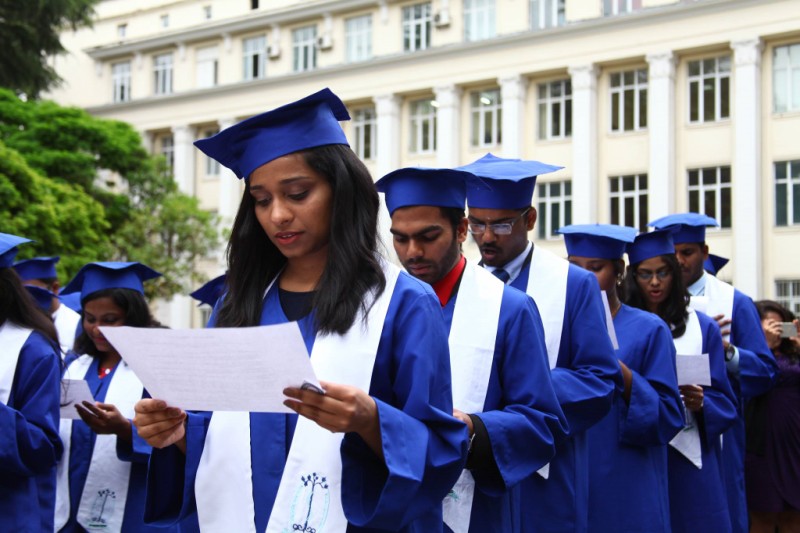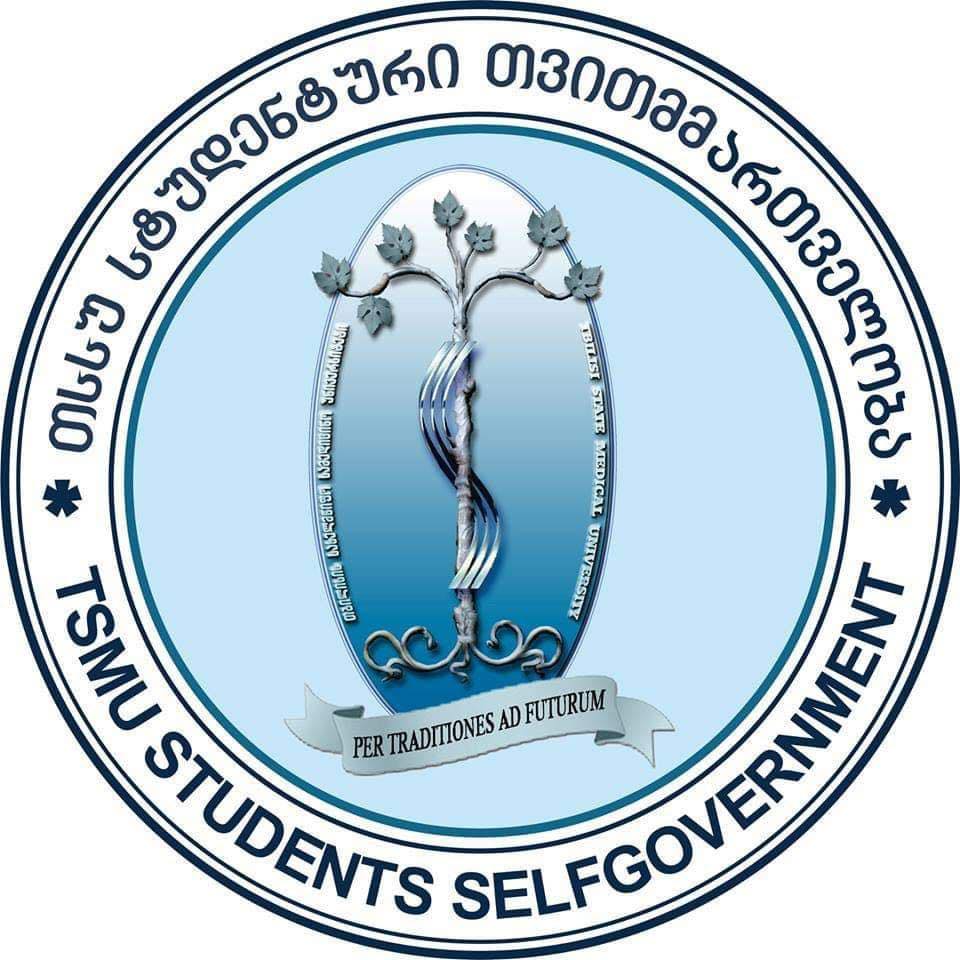TBILISI STATE MEDICAL UNIVERSITY
Creation, development and dissemination of new knowledge based on high quality teaching, research and professional training at undergraduate and postgraduate levels of medical education

MEDICAL DOCTOR PROGRAM
Program Overview
American MD Program is an integrated medical education program. The program consists of modules/clerkships in which horizontal, vertical and spiral integration is achieved. Achieving the learning goals in the frame of the American MD Program is reached by integration of theoretical and practical teaching, development of clinical and communication skills: in the beginning by using simulators (manikins) and simulated patients and later in the clinical environment. While teaching, applying modern technologies is chief priority
UniA student – oriented teaching approach assures students’ active involvement in the study process. The pre-clerkship block of the curriculum uses interactive lectures and other forms of active learning (small groups, flipped classrooms, teambased learning, discussions, empirical studies, projects, etc.).
to fully engage students in the educational process. There is a focus on case-based solving and problem-based learning. Early clinical work allows students to apply classroom learning at the bedside. A clinical simulation and standardized patient program provide opportunities for our students to further refine their clinical skills. Creating small groups is a helpful opportunity to engage student by using of different forms of teaching: interactive lectures, seminars; teaching in clinical environments; use of simulated scenarios and equipment, as well as standardized patients; role playing; laboratory teaching; presentations, etc. Bedside teaching is the main teaching format during clinical phase of the curriculum alongside to the didactic lectures, small group discussions, CBL, PBL, PICO Presentation, etc. Assessment system of student performance The university uses the European system of credit transfer and accumulation (ECTS), which is based on learning outcomes, the transparency of the study process and is oriented to the student. The goal of this system is promoting planning learning units, implementation, assessment/recognition of study units, and also student mobility. Credit reflects the amount of work (one credit is equal to 30 hours) needed to complete a specific learning component and achieve learning outcomes. Credits are distributed among all components of the educational program. Study course (subject) is for a one- semester. Student’s assessment maintains interim assessment and final examination assessment; in total, 100 points. Student is allowed to take final exam if the interim evaluation and minimal passing point of exam is equal or more than 51 points (the final assessment for getting credit should not be less than 51). Student is rated at a maximum of 40 points on the final exam. The final exam will be considered passed if the student collects at least 24 points out of 40. Student Assessment System includes five types (A, B, C, D, E) of positive and two types (Fx and F) of negative assessments. • A) Excellent – 91-100 points; • B) Very good – 81-90 points; • C) Good – 71-80 points; • D) Satisfactory – 61-70 points; • E) Enough – 51-60 points; • FX) Did not pass – 41-50 points; The student is allowed to an additional exam with an independent work. • F) Failed – 40 points; The student should retake the subject again. In case of negative assessment (Fx), the student is allowed to have an additional exam at least in 5 days after the final exam. During the knowledge and skills assessment process oral, test, combined exams, objective structured clinical exam (OSCE), presentations, coursework / thesis are used. Assessment of learning outcomes at the completion of basic medical education includes not only theoretical knowledge but also practical skills.
Program Qualification
Medical Program
ECTS / Duration
360 Credits / 6 Year
Annual Tuition Fee
8000$



